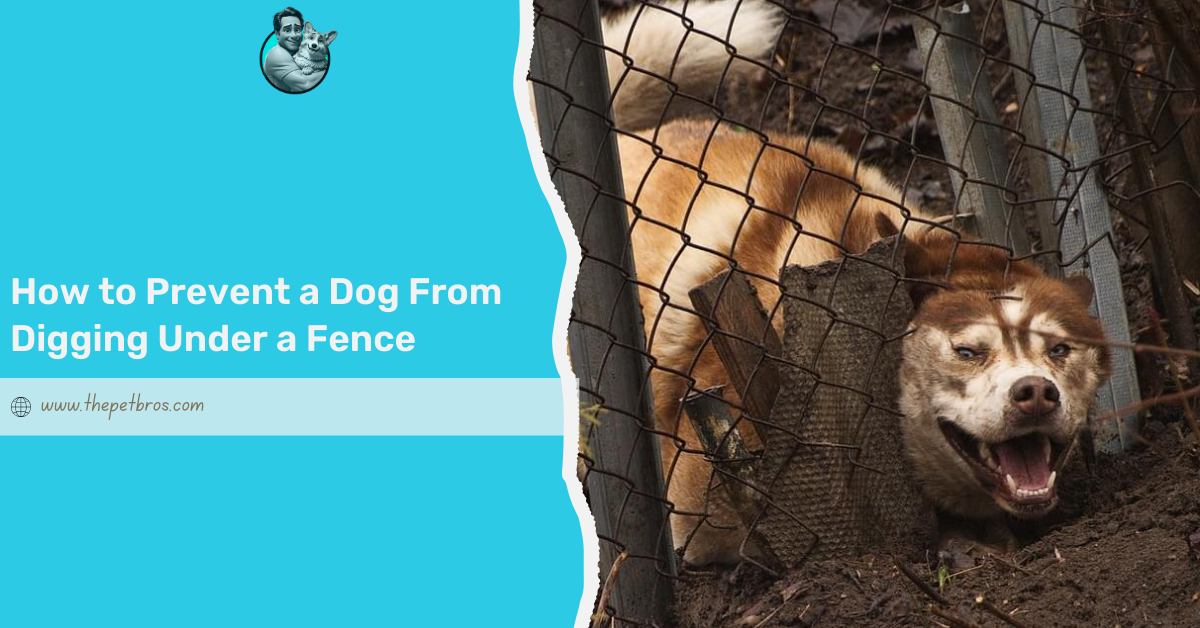Does your dog scratch like they’re auditioning for a flea circus, chew their paws like a snack, or sneeze like they’re allergic to your affection? You’re not alone. Dog allergies are way more common than most people think, and they can turn your happy-go-lucky pup into a grumpy, itchy, restless little mess. This is why an allergy test for dogs is always recommended.
One minute they’re chasing butterflies, the next they’re frantically licking their paws, rubbing their face on the carpet, or giving you that “help me” look. And as a loving pet parent, you want to know everything about your dog, so it’s only natural to start asking questions. Is it their food? The new detergent I used? Does my dog need an allergy test? And more importantly, what even is an allergy test for dogs?
The good news? You don’t have to figure it all out on your own. We’ve fetched the facts, filtered out the fluff, and compiled 8 must-know things about an allergy test for dogs, so you can stop second-guessing and finally help your fur baby feel like their old tail-wagging self again. Let’s get into it, relief might just be a test away.
Allergy Signs To Look Out For
The tricky bit about dog allergies is how sneaky the symptoms can be. You might notice your dog’s skin turning red as a tomato, their eyes watering like they’ve just watched a tearjerker, they start whimpering, or sudden sneezing fits. Then, there’s the dodgy tummies. Upset stomachs and surprise accidents are sometimes part of the deal.
These signs don’t always point to a cold or a bad treat. If they keep happening, especially during certain times of the year, you might be looking at an allergy. That’s where an allergy test for dogs can be a game-changer. You stop guessing and get answers before your poor pup turns their favourite scratching spot into a bald patch.
Common Allergy Triggers For Dogs
When your dog starts itching like “mad” or suddenly develops a dodgy tummy, it’s natural to wonder what triggered it. Most of the time, it boils down to two suspects: food or the environment.
- Food Allergy Triggers for Dogs: Food allergies are the sneaky ones. They can cause constant trouble all year round, no matter the season. One week, it’s chicken, the next it’s wheat, and suddenly even your go-to treats are off the menu. Symptoms might include chronic ear infections, vomiting, or relentless scratching that no belly rub can fix.
- Environmental Allergy Triggers for Dogs: Environmental allergies, on the other hand, tend to come and go with the seasons. Pollen in spring, mould in damp weather, or dust mites lingering indoors can set off sneezing fits, red eyes, and itchy skin out of nowhere. Ultimately, an allergy test for dogs can help you narrow down what makes your pup miserable, so you can finally take the guesswork out of caring for them.
3 Types of Allergy Tests for Dogs
If you’ve ever stared at your dog’s red paws and racked your brain for answers, then it might be time to explore an allergy test for dogs. Well, there are three main ways to find answers, each standing out with distinct perks and quirks:
1. Blood Test
First up is the blood test, which is often the most convenient option for allergy testing. It can usually be done during a routine vet visit, making it an easy first step for concerned pet parents. In this test, a sample of your dog’s blood is analysed to detect antibodies that may react to specific allergens like pollen, mould, dust mites, or certain foods.
2. Skin Test
While blood tests are quick and relatively simple, they’re not always as accurate as skin tests, which are much more precise. A skin test involves injecting small amounts of allergens into your dog’s skin to see which ones cause a reaction. To perform a skin test, a specialist introduces these tiny amounts of allergens under the skin. It’s a bit more involved but often gives more precise results.
3. Elimination Diet
The elimination diet is a slow but steady method that involves feeding your dog specific foods you suspect they’re allergic to. This process could lead to figuring out what sets them off. In this regard, patience is key, but the insights you will gather through it can be life-changing for your dear pet.
Can I Use Home Allergy Tests for Dogs?
With all the buzz around DIY everything, you might be tempted to try a home allergy test for dogs. Some kits claim they can sniff out your pup’s triggers using little hair or saliva. Well, while they often look pretty convincing, the truth is that most vets would raise an eyebrow because, while these home tests are popular, they are not exactly backed by science.
DIY kits often give vague or inconsistent results that can leave you more confused than before. One might blame the chicken while another points fingers at grass, and suddenly you’re cutting out half your dog’s life for no good reason. If you’re curious enough to give one a go, use them as a starting point, not a diagnosis. Take the results to your vet for advice, but remember that a proper allergy test for dogs is still your safest bet for getting real answers.
What Can An Allergy Test for Dogs Do and Can’t Do
Getting an allergy test for dogs feels like unlocking a mystery, but it’s not always as straightforward as you might hope. These tests don’t exactly shout, “Here’s the problem”. They simply show sensitivity, meaning your dog’s immune system might react to something, but that doesn’t always lead to symptoms. Some dogs test positive for many things and still wag through life without a single itch. Others show all the signs of an allergy but test negative.
The tricky bit is that allergies don’t always behave in neat, tidy ways. They’re unpredictable, much like your dog’s sudden fear of Hoover. And that’s where your vet comes in. They won’t just look at the numbers. They’ll consider your dog’s daily life habits, food, and symptoms to piece it all together. An allergy test for dogs is just one clue. Your vet helps solve the rest of the puzzle.
Lastly, Talk to Your Vet First
Before you go hunting for answers on your own, the smartest first step is to have a proper chat with your vet. From itchy red paws to odd rashes and sudden belly troubles, they have seen it all and they know what is worth investigating and what might simply need a quick fix. Sometimes, your dog’s scratching is caused by fleas or reactions to that fancy new shampoo you picked up. Or it could be something as basic as dry skin. A good vet will help rule these out quickly, saving you time, stress, and money.
If the symptoms continue or keep flaring up, an allergy test for dogs becomes the logical next move. Your vet will guide you through it, explain what is worth testing, and help make sense of the results. The goal is always the same, and, with the guidance of your vet, you can give your dog proper comfort and care.
FAQs
How much does it cost to check a dog for allergies?
Allergy testing typically costs between £200 and £500, depending on the type and whether sedation is required.
How do I know what my dog is allergic to?
Consistent symptoms and vet-guided testing, like elimination diets or blood tests, help pinpoint your dog’s specific allergens.
Do dog allergies go away?
Some allergies improve with treatment, but most are lifelong and require ongoing management and avoidance strategies.
What are the most common dog allergies?
Dogs commonly react to pollen, dust mites, fleas, beef, chicken, dairy, wheat, and certain cleaning or grooming products.
How can I treat my dog’s allergies at home?
Try hypoallergenic diets, regular flea control, soothing shampoos, and vet-approved supplements.
What is the root cause of dog allergies?
Dog allergies are caused by overactive immune responses to harmless substances like foods, pollens, fleas, or environmental irritants.
How to test a dog for allergies?
See your vet for blood or skin testing, or try a strict elimination diet to uncover possible food allergies.














